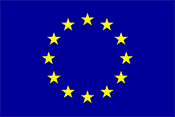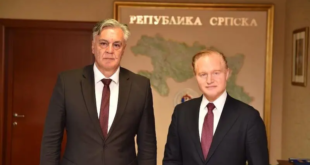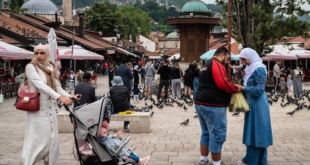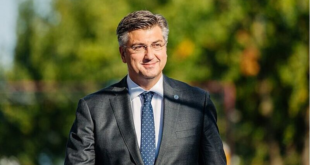 The Council of Europe has suggested holding a multilateral conference on Bosnia with key local and international stakeholders, aimed at finding ways to strengthen democracy and human rights in the country.
The Council of Europe has suggested holding a multilateral conference on Bosnia with key local and international stakeholders, aimed at finding ways to strengthen democracy and human rights in the country.
In a report presented to the Parliamentary Assembly on Tuesday, the Council of Europe’s monitoring committee lists a number of points of concern, and urge key stakeholders to find new approaches and new solutions.
The report, titled ”The functioning of democratic institutions in Bosnia and Herzegovnia” proposes the Assembly adopt a resolution on Bosnia.
”In our opinion, it may be thought appropriate to hold a multilateral conference, with the participation of key local and international stakeholders, to discuss the current challenges Bosnia and Herzegovina has to face and the means to overcome them,” the report says.
”This conference could be jointly organised by the Parliamentary Assembly, the Committee of Ministers and the Secretary General of the Council of Europe and involve the key international partners, in particular, the European Union. It would… aim at suggesting practical steps to overcome the current institutional and legal challenges, in order to speed up Bosnia and Herzegovina’s advancement on the path of Euro-Atlantic integration,” it added.
The report expressed particular concern over the lack of constitutional reform “which has frequently led to deadlock within State institutions and negatively affects the country’s honoring of its commitments to the Council of Europe”.
If constitutional reforms are not implemented in the coming months the report says it will be impossible to hold scheduled parliamentary elections in October 2010.
It also highlights concern about the lack of progress in fulfilling the country’s war crimes strategy, as well as judicial reform
The report points out that the country adopted a war crimes stategy in December 2008, but implementation has been very slow, and the “strategy has yet to produce concrete results”.
“The central database bringing together information about war crimes has not been compiled yet. In the absence of this essential element, the implementation of the strategy appears to be difficult, if not almost impossible,” it adds.
Furthermore, it proposes that the Council of Europe Parliamentary Assembly adopt a resolution condemning “statements and actions by politicians at the highest level of Republika Srpska which undermine State institutions” and challenges the authority and powers of the High Representative.
“As long as obstructionism continues and important reforms are blocked because of entity and ethnic agendas, the High Representative should remain the final authority to enforce the Dayton Peace Agreement, under the political guidance and with the backing of the Peace Implementation Council,” the report says.
It expressed “particularly concern” over statements by Milorad Dodik, Prime Minister of Republika Srpska, on wartime atrocities.
Last year, Dodik questioned evidence that Bosnian Serb forces were responsible for massacres in the Markale Market in Sarajevo in February 1994 and August 1995, as well as in Tuzla in May 1995.
“In all three cases, the ICTY as well as the War Crimes Chamber of the Bosnia and Herzegovina Court have confirmed convictions of Serbs as being responsible,” he report says.
It urged the Assembly to condemn these statements “as inacceptable and irresponsible”.
“In our opinion, they are in direct defiance of our previous calls to Bosnia and Herzegovina’s politicians to refrain from inflammatory rhetoric,” concludes report.
The report was prepared by Kimmo Sasi and Mevlud Cavusoglu, who yesterday was appointed as a new president of the Assembly.
Members of the Council of Europe’s delegation from Republika Srpska, Milica Markovic and Mladen Ivanic, submitted amendments to the report, asking for the statements blaming Banja Luka for the failure of constitutional reform to be deleted. They are also against an international conference.
 Eurasia Press & News
Eurasia Press & News



